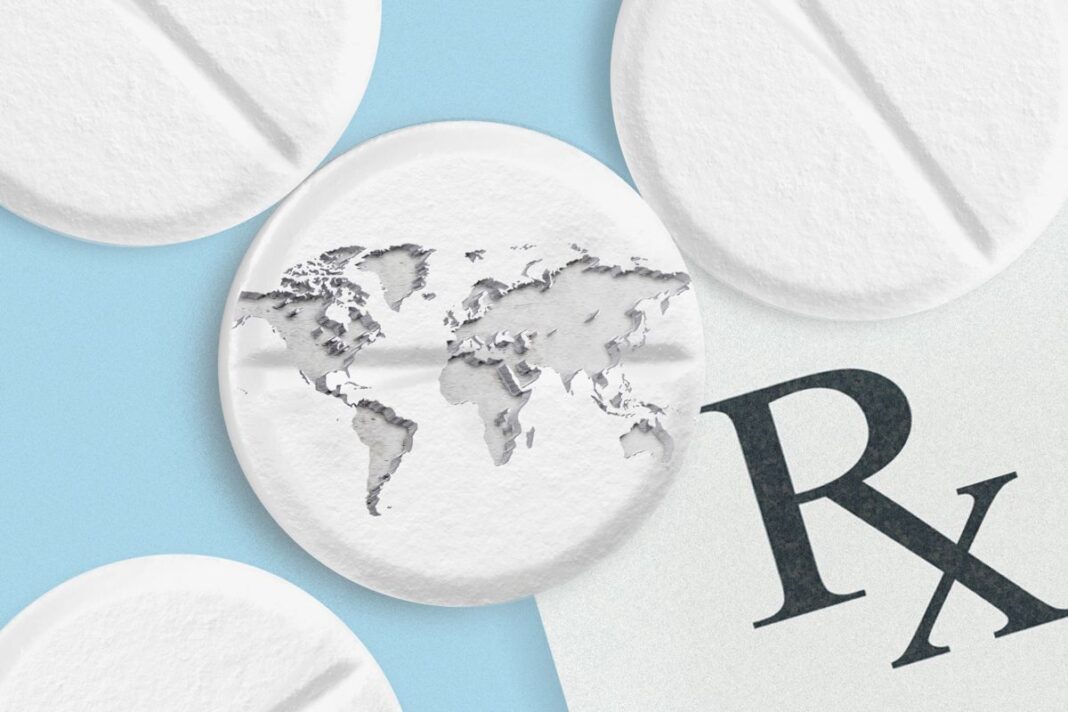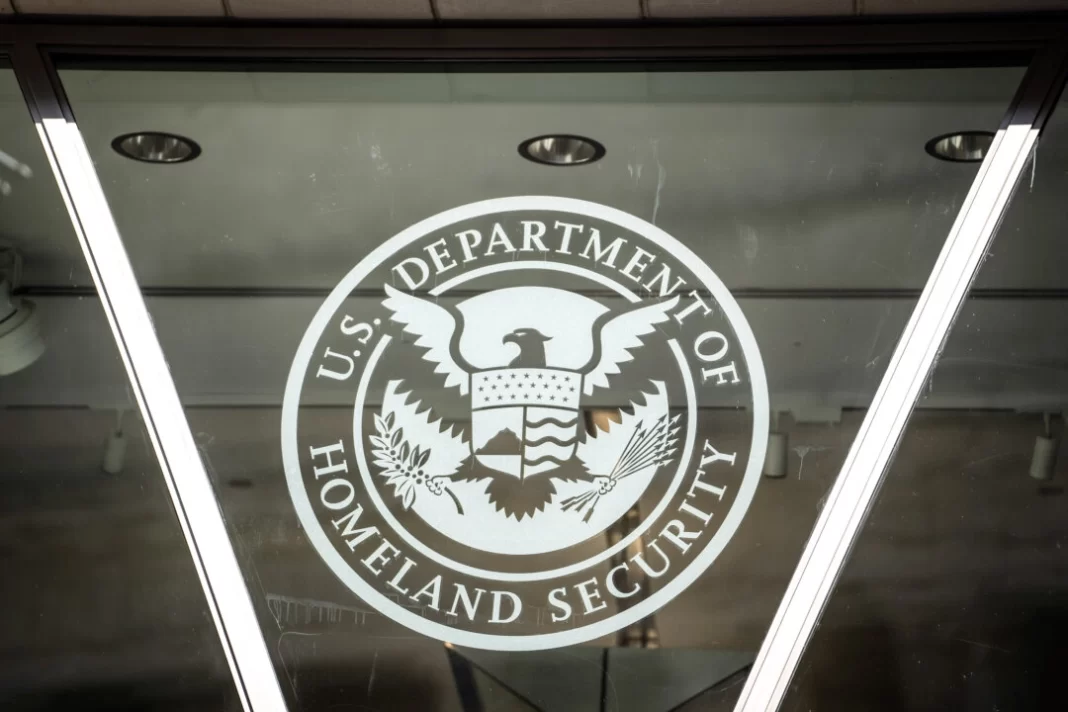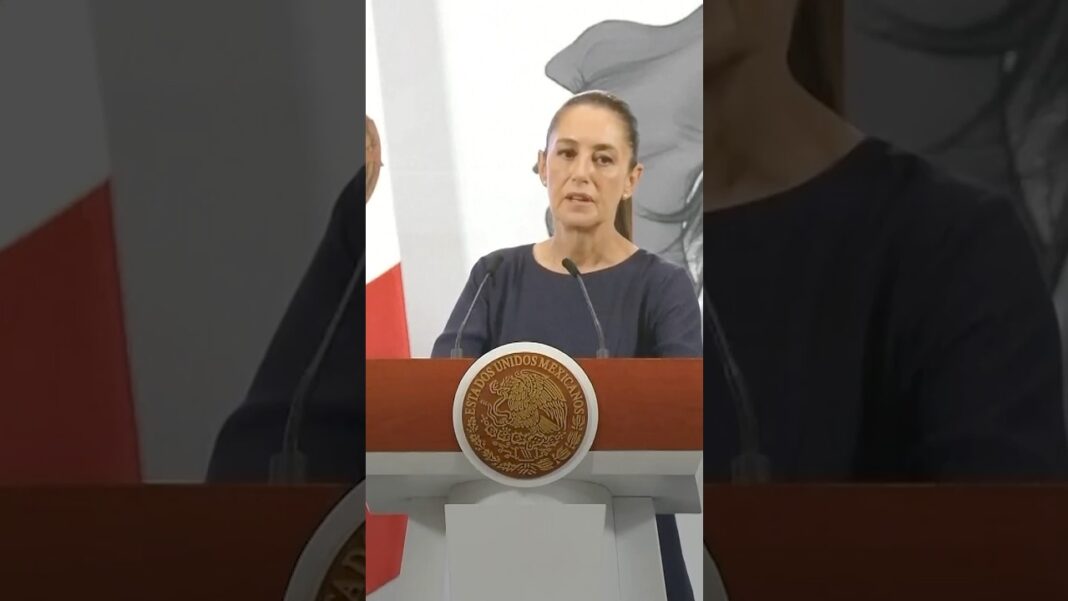Provisions of the One Big Beautiful Bill Act excluded or delayed consideration of several of Medicare’s most expensive drugs from price negotiation.
Pharmaceutical companies can continue to charge the federal government—and Medicare beneficiaries—full price for a handful of drugs that might have seen price reductions as soon as next year.
That’s because Congress changed the law to outright exempt or delay consideration of more than 300 medications for the Medicare Drug Price Negotiation Program.
That includes 17 of the top 50 products on Medicare’s drug spending list.
Here’s what lawmakers did, why they did it, and how it affects federal and consumer costs.
Medicare Now Negotiates Some Drug Prices
The federal government, the world’s largest purchaser of prescription drugs, has been legally authorized to negotiate prescription drug prices since 2022.
To be considered for price negotiation, a drug must have been on the market for at least nine years, or 13 years for biologic drugs, those derived from biological material rather than chemicals.
While the program is intended to arrive at a “maximum fair price” for medications, the pharmaceutical industry considers it a form of government price setting rather than negotiation.
“This system ignores the nature of the research and development (R&D) process, discouraging continued R&D after a medicine is FDA approved and deeming some types of medicines as not worth the real-life impact they can have on patients,” trade association Pharmaceutical Research and Manufacturers of America states on its website.
To date, no prices have been reduced by the negotiation program. The first round of negotiated prices won’t take effect until January 2026. This covers 10 of the more than 8,800 medications covered by Medicare and applies to Medicare Part D only.
Orphan Drugs Were Always Exempt From Negotiation
Orphan drugs are those used to treat a so-called orphan disease, a rare condition affecting a relatively small number of people.
Finding a cure for these diseases can be expensive and risky. The cost of bringing a new drug to market can range up to $2 billion, according to data cited by the Congressional Budget Office.
To encourage drug makers to keep looking for treatments for rare diseases, Congress exempted orphan drugs from Medicare price negotiations.
Any drug that treats just one disease affecting fewer than 200,000 people is not eligible for price negotiations, regardless of how much it costs or how long it’s been on the market.
Some of these orphan drugs are quite expensive. For example, Medicare Part D covered Ravicti, a drug for treating urea cycle disorder, for just 87 people in 2023 at a cost of more than $840,000 each.
Without the ability to recoup the high cost of developing such drugs, pharmaceutical companies say it would be impossible to invest in finding cures for rare diseases.
“Rare disease drug development is uniquely challenging, and a one-size-fits-all approach to policy can stymie innovation for the 30 million Americans living with a rare disease,” Stacey Frisk, executive director of the Rare Disease Company Coalition, said in a May statement.








